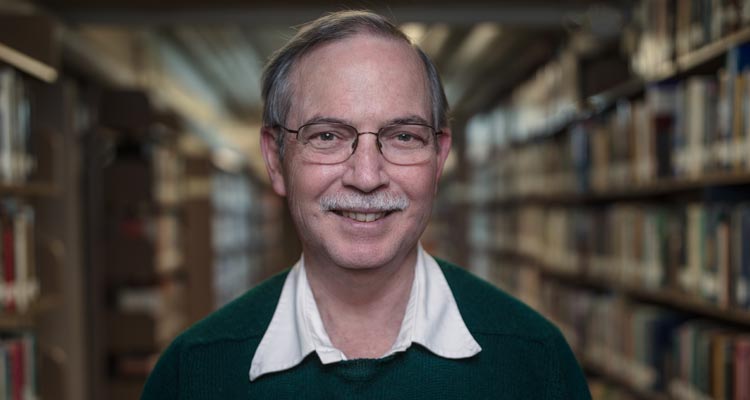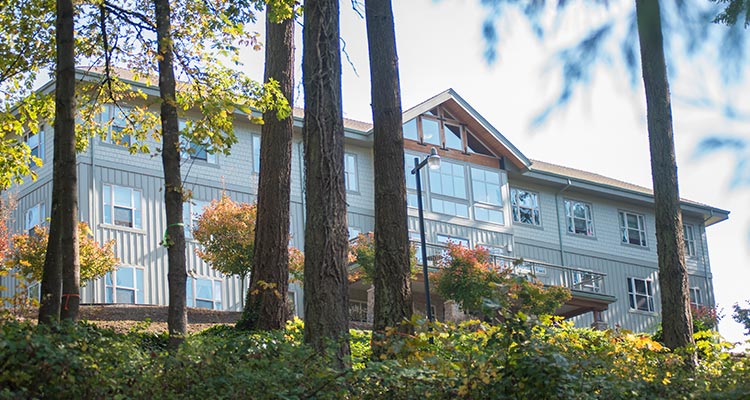
In the next four blogs our hope is to introduce or reintroduce you to the bold and audacious goals of Christian Higher Education. This four-part series give are reason for existence as a Christ-centered university of the arts, sciences, professions and ministry.
The Goals of Christ-Centered Education, part I
Christ-centered education is about students – the passion of the Christian professor relates to her desire to teach students – and not courses – with the goal of taking recent high school graduates and propelling them toward adulthood and responsible life in church and society. In addition, TIU’s mission also calls us to engage adult learners by strengthening existing commitments and aiding them in the development of greater and more significant capacities. This notion of transformation is found in Harry Lewis’ Excellence without a Soul. His meaning is that we take children – still very much dependent upon the authorities in their lives (maybe even desirous of breaking free of those authorities) and help them to grow up, to learn who they are, to search for a life purpose, and to graduate ready to make significant contributions to their world. To that we can add the task of aiding adult learners and college graduates in the pursuit of a meaningful and transformational education. Lewis is not describing Christ-centered Higher Education – he’s writing about Harvard. But we really do have to ask – who is better prepared and capable of working with students to accomplish so great a transformation if not the Christian professor with a biblical worldview teaching within the context of a place like TIU?
In discussing a Christian understanding of the liberal arts and professional studies David Dockery provides the following vision:
“The concern of a Christian Liberal Arts education, then, is not just for equipping students with particular skills and knowledge necessary for engaging in some specific vocation or profession but for preparing all students to think – to think Christianly, to think critically, to think imaginatively – preparing them for leadership and preparing them for life.” (Renewing Minds, 20)
So, what does preparing them for leadership and preparing them for life look like?
They are biblically and theologically literate.
Let’s start with the foundation. Graduates of Christ-centered institutions of higher education should be biblically and theologically literate. There are two components:
1) Transformational Learning – The institution must be committed to helping these young women and men mature and learn who they are – beginning with spiritual transformation. Central to this effort will be the relationships with faculty and staff through developmentally edifying student life programs. While knowing the Bible and understanding theological ideas does not automatically result in spiritual growth, spiritual growth is not possible without that understanding of the Word of God. (II Timothy 3:16-17). You’re familiar with the axiom – “Expression without impression is meaningless.” Passion, in many instances, has overwhelmed knowledge. When it is not grounded in the authoritative teaching of Scripture, passion is often either misspent on things of little consequence or destructive to the cause of Christ. We also want students to graduate finding that larger purpose in life and having their commitment to Christ drive them to that purpose. For us this means serving God’s purposes rather than our own. How will that happen apart from knowledge which becomes the basis of knowing God?
It is for this purpose that Corban University requires each new freshman to complete an 18-hour Bible core and an additional 3-hour Worldview seminar.
The Christ-centered university is not an extended youth group. It is a place for thoughtful examination of the truths of Scripture where students might grapple with the faith they embraced and professed before their arrival and turn it into their faith, firmly held and possessed.
2) True World-Changing Learning – In Conceiving the Christian College, Duane Litfin argues “the effort of looking both at and along one’s subject requires a certain depth of biblical and theological insight. It is not enough merely to be a Christian and to know one’s discipline; genuinely Christian thinking requires depth on both sides of the ledger.”
Care must be taken that this literacy does not end with mere creedal assent to a body of truth. We must lead our students toward that experiential knowledge of God – knowing God not just knowing about Him.




